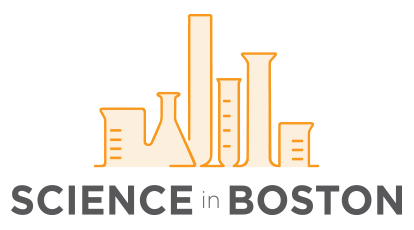This week we profile a recent publication in Molecular Therapy from the
laboratory of Dr. Marcela Maus (pictured) at Massachusetts General Hospital.
Can you provide a brief overview of your lab’s current research focus?
Our lab is working on multiple aspects of engineered T cell biology. T cells that have been genetically modified to express a totally synthetic, chimeric antigen receptor, have become standard-of-care therapies for patients with certain relapsed or refractory blood cancers, such as lymphoma, leukemia, and, soon, multiple myeloma. Our laboratory is developing new forms of engineered T cells, and working to form a deep understanding of how they work – when they are at rest, when they see tumor cells, and when they encounter other immune cells.
What is the significance of the findings in this publication?
I would say this manuscript represents one of the first steps in our plans to draw a comprehensive map of what makes CAR T cells work, what makes them not work, and what happens to them when inside the body or a tumor. Here we looked at the full transcriptional profile of CAR T cells bearing different signaling domains. We identified certain signatures that are determined by the types of signaling domains included, and also identified that CAR T cells behave a little differently than “natural” T cells, even at rest, in absence of triggering the CAR by its target. With these data in hand and available to the public, we hope that we and other investigators will gain a better understanding of what pathways CAR T cells use to eliminate tumors when they are successful, and maybe do further engineering in T cells that do not successfully eliminate tumors.
What are the next steps for this research?
In these studies, we studied multiple different kinds of CAR T cells targeting different antigens, but they were always “alone,” meaning it was just CAR T cells plus the relevant tumor cells. Next steps will include analyzing the effects of adding a “tumor microenvironment,” and making specific mutations in certain pathways in both the tumor cells and the CAR T cells to examine what is necessary for CAR T cell potency, and what gene perturbations confer enhanced efficacy.
This work was funded by:
We’ve been funded by multiple sources, including the NIH, the V Foundation, the Gabrielle’s Angel Foundation, the Damon Runyon Cancer Research Foundation, Stand up to Cancer, the Leukemia & Lymphoma Society, and philanthropic donors to our laboratory and Massachusetts General Hospital .

